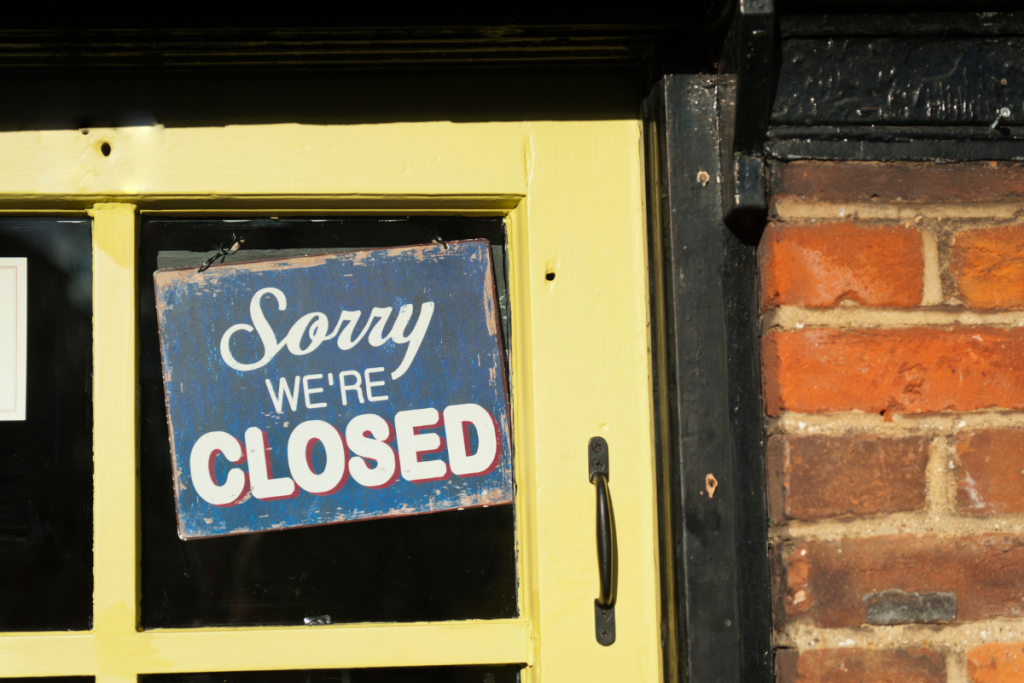After leading several employee ownership research studies over the past decade, I co-wrote the final report into a year-long inquiry which looked at the performance of employee owned businesses (EOBs).
The findings, detailed in The Ownership Dividend report, concluded that employee ownership can provide the positive responses needed to many of the challenges currently facing the UK economy.
This includes our poor productivity record. It also calls for the government to invest in ownership capacity building.
Resilience
Back in 2010 I was asked by the John Lewis Partnership and the Employee Ownership Association (EOA) to write a report looking at employee ownership and performance in the UK. It would compare the performance of employee and non-employee owned firms in different sectors.
That report showed that employee-owned businesses had proven far more resilient to the economic downturn and had maintained growth during the recession.
It subsequently proved influential among the then Coalition government and led to further reviews of the sector, in particular the Nuttall Review.
Since then the EOB sector has continued to grow with more companies converting to an employee owned model. As such the EOA decided now was a good time to revisit these issues.
Meaningful work
One of the key findings from the report was the significant contribution that EOBs make to local communities.
We also looked at more psychological factors, and whether people felt their work was more meaningful in an EOB.
The answer was a clear “yes” and this has strong implications, for instance, for the millennial generation which increasingly wants to work in environments that give meaning to what they do.
A lot of the issues faced by British business today could also be addressed by more employee ownership.
Sir Charlie Mayfield, chairman of John Lewis Partnership, said: “The most valuable asset to a business in driving productivity is its people.
“This report shows the significant benefits from giving employees a meaningful stake and share in the value that they create – not just financially but also in terms of motivation, wellbeing and fulfilment at work.
?With the significant shifts currently taking place in the workplace and in society, it is time to take a fresh look at the dividends that increasing employee ownership can offer to the UK economy and society.
Likewise, Baroness Sharon Bowles, Ownership Effect Inquiry chair, suggested: “The conclusion is clear. There is a significant and valuable dividend to be obtained from creating greater amounts of employee ownership in our economy.
“This independent inquiry has produced the most comprehensive, robust and compelling evidence about employee ownership in the UK to date, supported by the academic rigour of Alliance Manchester Business School and Cass Business School.
The employee-owned sector counts for over £30bn in annual turnover across the UK and is growing at a rate of 10% a year.
Joseph Lampel is the Eddie Davies Chair in Enterprise in Innovation Management and director at the Manchester Institute of Innovation Research















































































































































